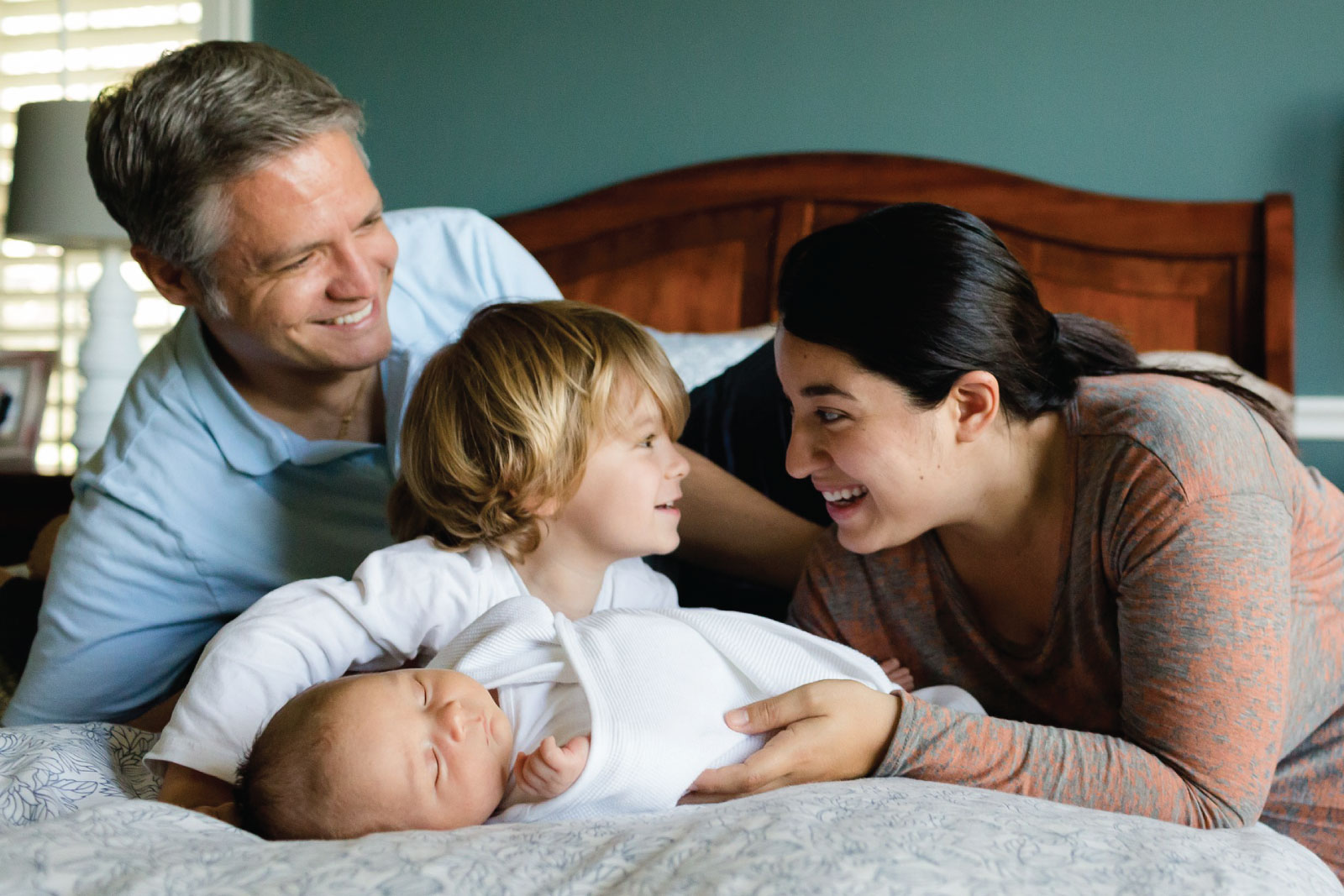People are scared of shots — and for good reason. Shots are scary.
“You want to do WHAT with that needle?”
What’s funny is that depending the type of shot you’re getting, you might hardly be able to feel it. But you still leave the doctor’s office with a bad taste in your mouth because the experience was tainted by dread.
The only thing to fear is fear itself for cliché’s sake.
Home studies are the adoption process’s shots. They are scary, as to some, the whole idea of the state sending someone to judge how ready you are to parent, seems intrusive.
Fortunately, if you learn what this part of the process really looks like, you will find that it’s like one of those painless shots. So, let’s take care of the dread beforehand.
What you can expect from an adoption home study
A social worker will meet with your family multiple times. This person is on your side. Every home study provider that we have worked with loves adoption. They want to see you succeed and they do not expect you to be holy, blameless, or without blemish. They don’t look for perfect families.
The social worker will create a document known as a home study (the scary needle). To complete this document, they will need to get some information from you. They will ask some personal stuff. Remember that they will protect this information. In the end, the home study will be seen by your agency, attorney, and the Court. If you are doing an interstate adoption, it might be seen by a state representative in your state and the baby’s state. No one else should see it.
Some things they will ask you about:
- Work
- Education
- Family background
- Your neighborhood
- Experiences with children
- The 3-foot tall fantasy football trophy in your living room (just me?)
- Much more
At some point, they will meet with you at your home to ensure it is a healthy environment for a new family member. So, lock up detergents and sprays that could be harmful. Make sure sharp objects are stored in areas inaccessible to children, and check those smoke and monoxide detectors.
If this part of the process seems invasive, remember that it was designed to protect the children. If you have further concerns, be sure to talk to your agency or attorney.
At the end of the day, this is an important step towards the adoption of your future child. So buck up, bucko, and get into that doctor’s office. It’s not nearly as frightening as you think.

